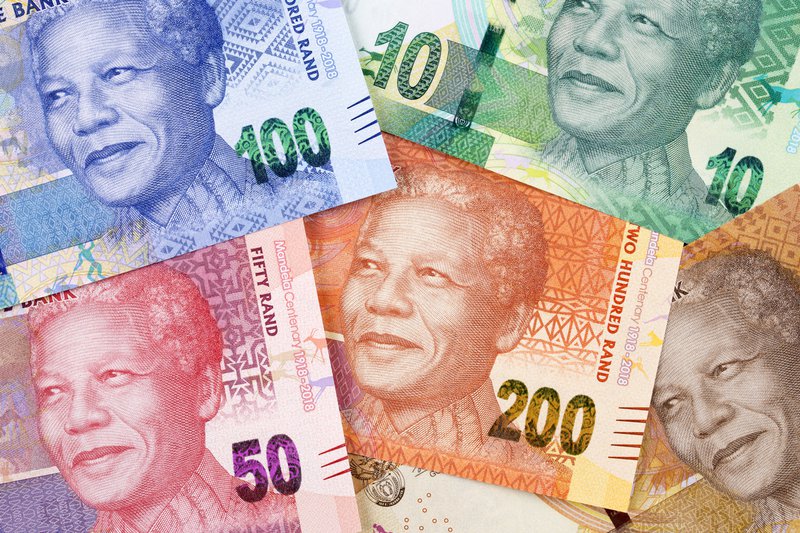#BudgetSpeech2020: How does it affect the everyday consumer?
Updated | By Andrew Padoa
The budget speech may have been a bit confusing for some, so Andrew Padoa breaks it down easily for you.

The government will be cutting expenditure over the next three years by R156.1-billion compared with its 2019 projections. A large part of our expenses will go to debt expenditure, interest payments are 15c for every rand government raises from taxes, which is quite high.
The wage bill will be cut by R261-billion, this offset of R111-billion will be allocated to Eskom and SAA to keep them alive. The challenge will be getting the wage bill reductions through the unions. There will be some tough conversations going on behind closed doors.
Finance Minister Tito Mboweni mentioned we need to stop wasteful spending.Most of the spending will be going to learning and culture, which is R396-billion, health will get R230-billion, and social development R310-billion. As for the education sector, funds will be used to build new schools, replace schools built with inappropriate material, and provide water, electricity, and sanitation facilities.
Youth unemployment is a big issue in SA and currently sits at 58% - many dropped out of school and don’t have skills. The state is prioritising resources to address this issue and we will get more details in the midterm budget speech in Sept/Oct.
For more decreases, increases, figures, and what this means for you, listen to the podcast:
Show's Stories
-
Another epic week of fishing in KZN
It has been another bumper week of fishing in KZN. Catch Vinesh Soogreem...
East Coast Breakfast 41 minutes ago -
Beyonce lookalike takes internet by storm
A makeup challenge video went viral, not just for the challenger’s skill...
Stacey & J Sbu 7 hours ago